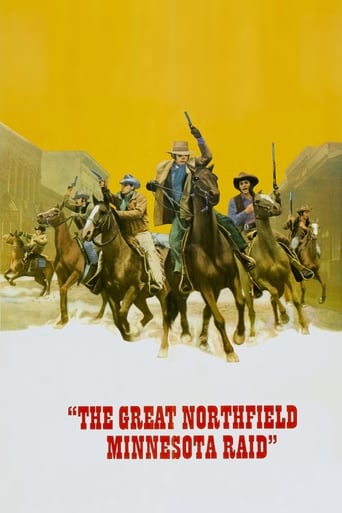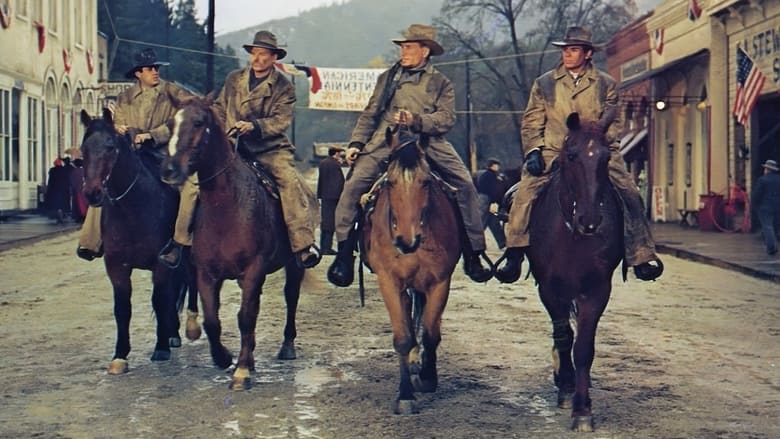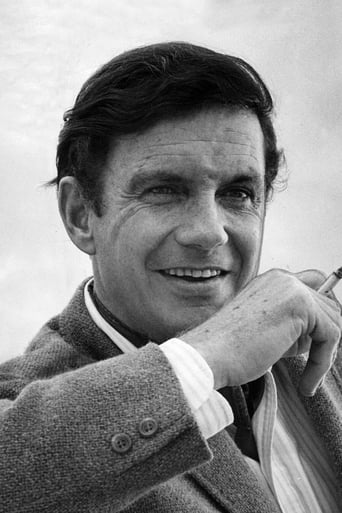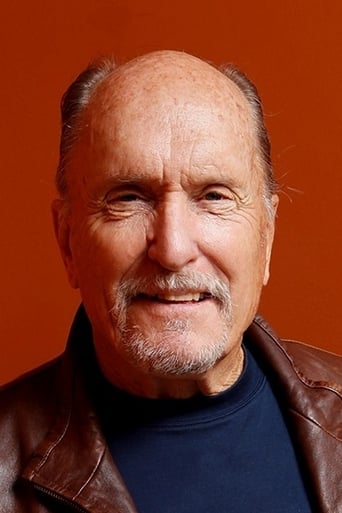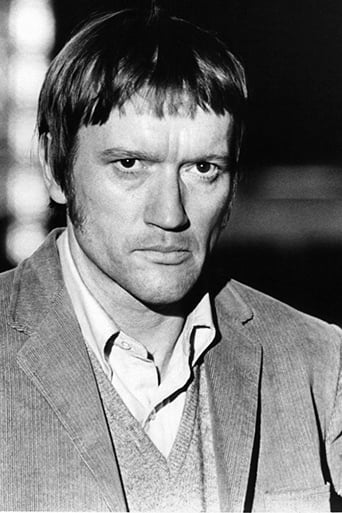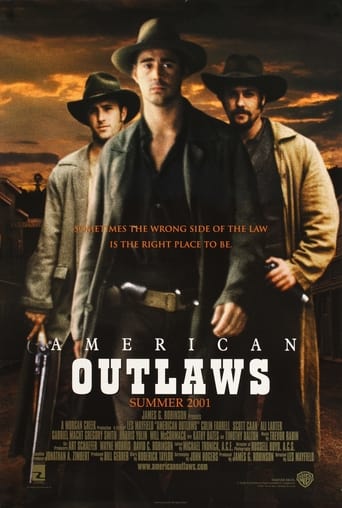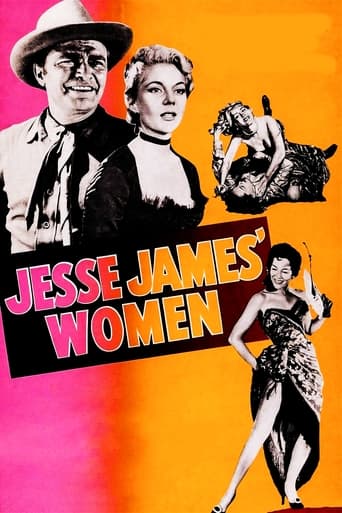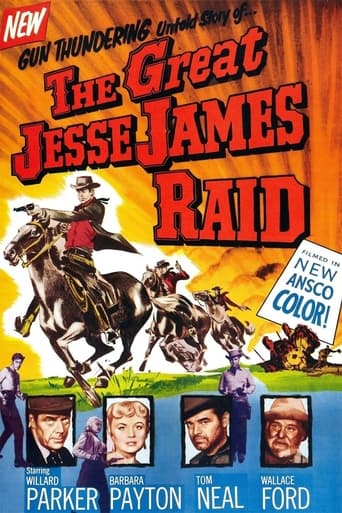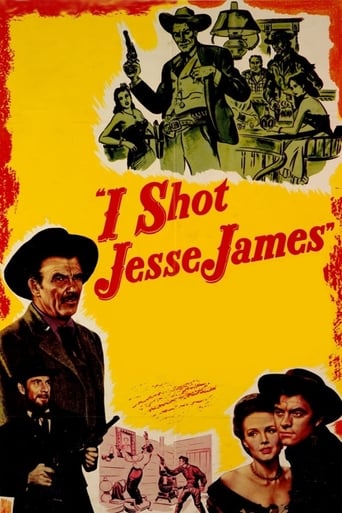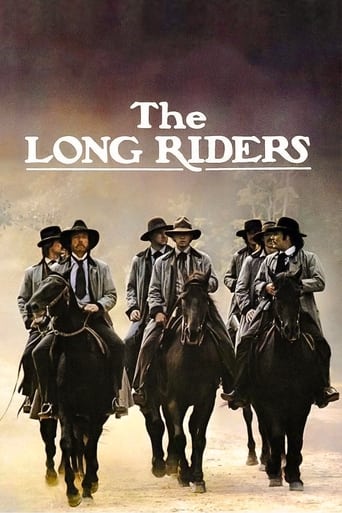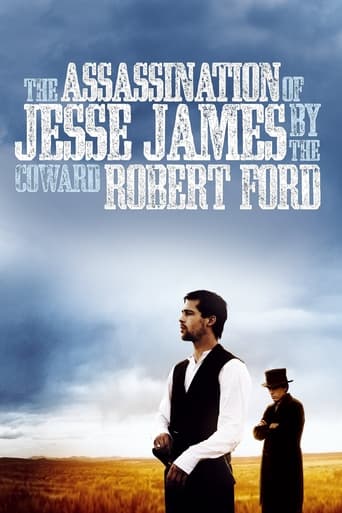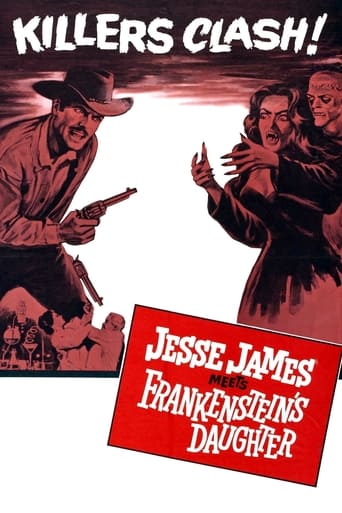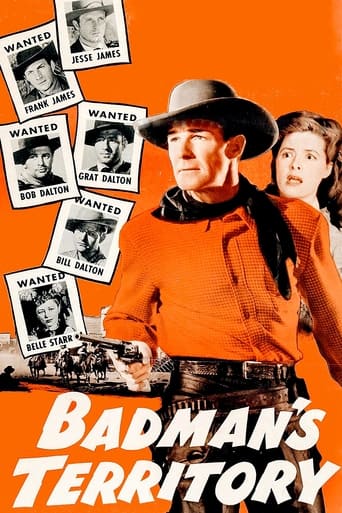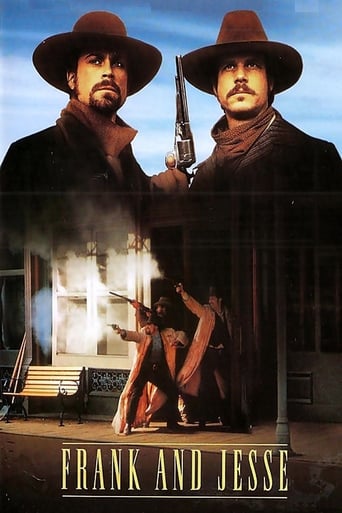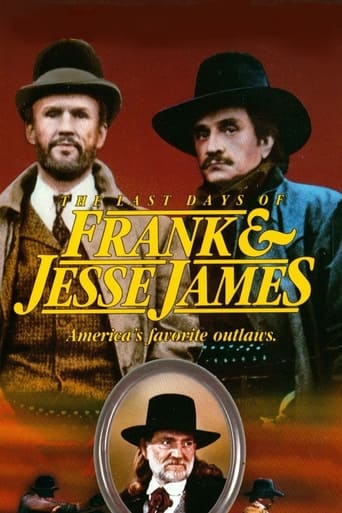The Great Northfield Minnesota Raid (1972)
The gangs of Jesse James and Cole Younger join forces to rob the First National Bank in Northfield, Minnesota, but things do not go as planned.
Watch Trailer
Cast


Similar titles
Reviews
i must have seen a different film!!
It's funny watching the elements come together in this complicated scam. On one hand, the set-up isn't quite as complex as it seems, but there's an easy sense of fun in every exchange.
It's entirely possible that sending the audience out feeling lousy was intentional
what a terribly boring film. I'm sorry but this is absolutely not deserving of best picture and will be forgotten quickly. Entertaining and engaging cinema? No. Nothing performances with flat faces and mistaking silence for subtlety.
At 2:00 p.m. on Thursday, Sept. 7, 1876, eight members of the infamous James-Younger Gang attempted to rob the First National Bank in Northfield, Minnesota. The local citizenry got wind of the robbery while it was in progress and a fierce shoot-out erupted outside the bank. Two members of the gang—Clell Miller and Bill Chadwell—were killed and Jim and Bob Younger wounded (and later captured, along with brother Cole, the ringleader). A bank employee and a bystander were killed and another bank employee wounded. Frank and Jesse James managed to escape back to Tennessee but, after five years in operation, the James-Younger Gang ceased to exist: an outcome still celebrated in Northfield annually. 104 years after the bungled robbery writer-director Philip Kaufman brought out a film version of the famous raid that is not strictly accurate historically but entirely consistent with the anti-authority zeitgeist of the early Seventies. Paul Frees' sonorous opening voice-over sets the tone: "Even before the wounds of the Civil War had healed in Missouri, the railroads came swarming in to steal the land. Everywhere, men from the railroads were driving poor, defenseless families from their homes. And that's when a fresh wind suddenly began to blow. It was other Clay County farmers, the James and Younger boys, coming to the rescue. They tarred and feathered the railroad men and drove them from the land. From that moment onward, they were outlaws. But the people of Missouri would never forget what the boys had done for them." The laughable notion that Jesse James was a modern Robin Hood originated with James himself, an early adept at public relations, who characterized himself and his cohorts as aggrieved victims of a Radical Republican administration bent on unending persecution of those who had sided with the defeated Confederacy. The newspapers ratified Jesse James's version of himself, which soon passed into enduring myth. In reality James was apolitical and a criminal psychopath to boot. Also worth noting is the fact that the James-Younger gang mostly robbed banks; railroads were only an occasional target of opportunity. Kaufman's film correctly characterizes Jesse James (Robert Duvall) as mean and unstable and Cole Younger (Cliff Robertson) as the real brains of the outfit. Where the film most egregiously errs is in depicting the Northfield raid in Keystone Cops fashion and in characterizing the gang's victims and foes as generally corrupt, cruel, incompetent or cowardly. The outlaws look good by comparison and their enemies get to stand in for an emerging, oppressive corporate establishment (cf. 'Bonnie & Clyde' and 'The Wild Bunch'). VHS (1992) and DVD (2007).
Philip Kaufman's first major-studio film was one of many interesting but not very commercially successful (the major exceptions being "Little Big Man" and "Soldier Blue") revisionist westerns in the early 70s. Like "Bad Company," "Dirty Little Billy" and others it's more interesting conceptually than it is in execution, despite good performances and some flavorful period atmosphere (notably during an early, rough, messy baseball game in a cow field). But the narrative thrust is somewhat diffused, the psychological insight not esp. deep, and for the most part the violence is routinely handled. The result is a consistently interesting historical drama but not a particularly suspenseful or exciting one, which is odd given the extreme eventfulness of the "James Gang's" criminal career.Aspects of this story were chronicled with vastly more focus and force in the recent epic "The Assassination of Jesse James" (which was, lamentably, also a total commercial flop). "Great Northfield" is worth seeing for Kaufman fans, among others, but he certainly hit closer to the bullseye with his subsequent "The White Dawn," "The Wanderers" and "Invasion of the Body Snatchers" before graduating to big-budget cinema with "The Right Stuff."
Honor among thieves is carried to the extreme in "The Great Northfield Minnesota Raid". Showing compassion for victims of corrupt banks, with swift retribution, the gang is still fighting the Civil War in Minnesota. Gradually being overwhelmed by progress, these outlaws look quite out of place. The story is told in a linear fashion, with no annoying flashbacks. Robertson and Duvall are surrounded by a believable supporting cast, that looks the part. My only objection is a couple scenes go on entirely too long, and the film would actually be better off without the interminable baseball scene. Worth seeing for the performances and authentic feel of the movie. - MERK
It turns out that the story is actually based on history; on 7 September 1876, the James and Younger gang did attempt to rob the First National Bank in Northfield, Minnesota. Why did a dozen Civil War thugs ride all the way from Missouri to Minnesota to rob a bank? (That's over 500 miles, not a trivial distance on horseback.) Because they'd heard, correctly, that Adelbert Ames had an account there. And why would that matter to them? Because Adelbert Ames had been appointed provisional governor of Mississippi in 1868 and, among other unpopular acts, he appointed the first black office-holders in state history. The James boys, if nothing else, had long memories, and hated Ames still, nearly ten years after the end of the war.

